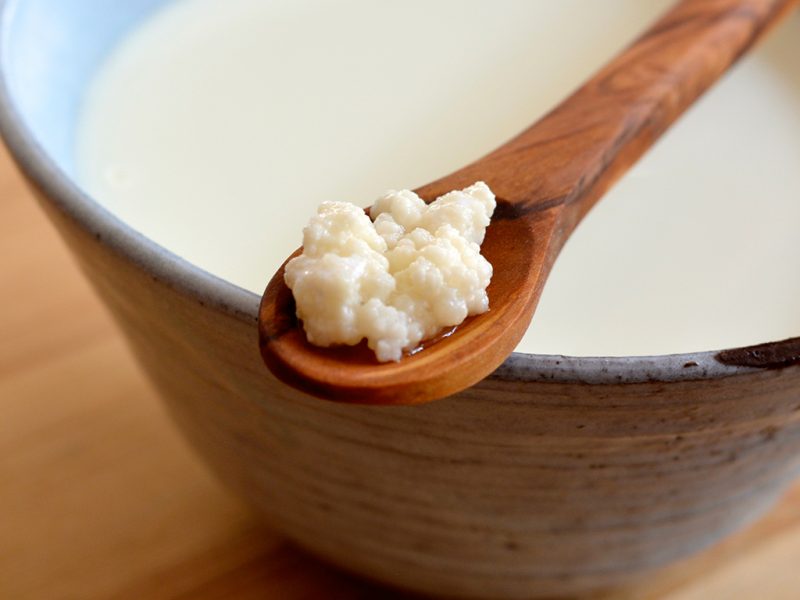Story of minerals in homemade kefir

As you may know, homemade kefir is a great source of vitamins, minerals, probiotics, and a variety of other unique compounds. And these are important because they are greatly contributing to overall health and well-being. As we already wrote about vitamins and probiotics, the focus of this post is on minerals.
Kefir contains variety of minerals, but it is a great source of calcium and magnesium, as well as phosphorus. These minerals help the body to utilize carbohydrates, fats and proteins for cell growth, maintenance and energy (1).
Moreover, the minerals in diet are essential and important for building strong bones and teeth, blood, skin, hair, nerve function, muscle and for metabolic processes. Therefore, they are key to proper functioning of the body, as well as to growth and development. Usually, the good soil provides 45% of minerals, but today this balance is disrupted with use of fertilizers, chemicals, pesticides and mono-cropping.
Of course, there is no need to take in all minerals in same amounts, but they are all essential. Usually, groupings of minerals is in relation to recommendations for daily intake. Thus, the minerals you need in bigger amounts are the minerals, macro-minerals or major minerals. And the minerals that are needed less and in smaller amounts are known as micro-minerals or “trace elements”(2).
Kefir contains the following minerals:
Calcium 210 mg 21 %
Magnesium 21 mg 5%
Phosphorus 175 mg 20 %
Riboflavin 0,3 mg 19%
Iron 0,18 mg 1%
Potassium 263 mg
Copper 0,02 mg
Zinc 0,63 mg
However, it is important to bare in mind that nutrients in kefir come from its harvest conditions. To name just a few – the quality of milk, the fermentation process, the environment of its growth. Furthermore, when it comes to proper intake of minerals, bear in mind that no nutrient will do all the work by itself. The crucial thing is the balance between minerals relevant for our health.
Get your Kefirko kefir fermenter here.





